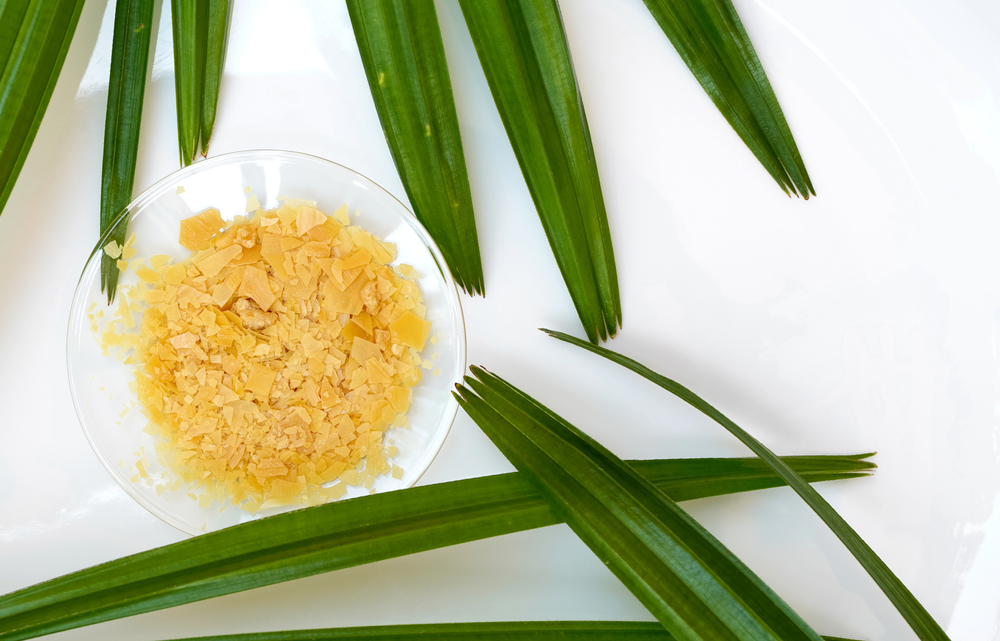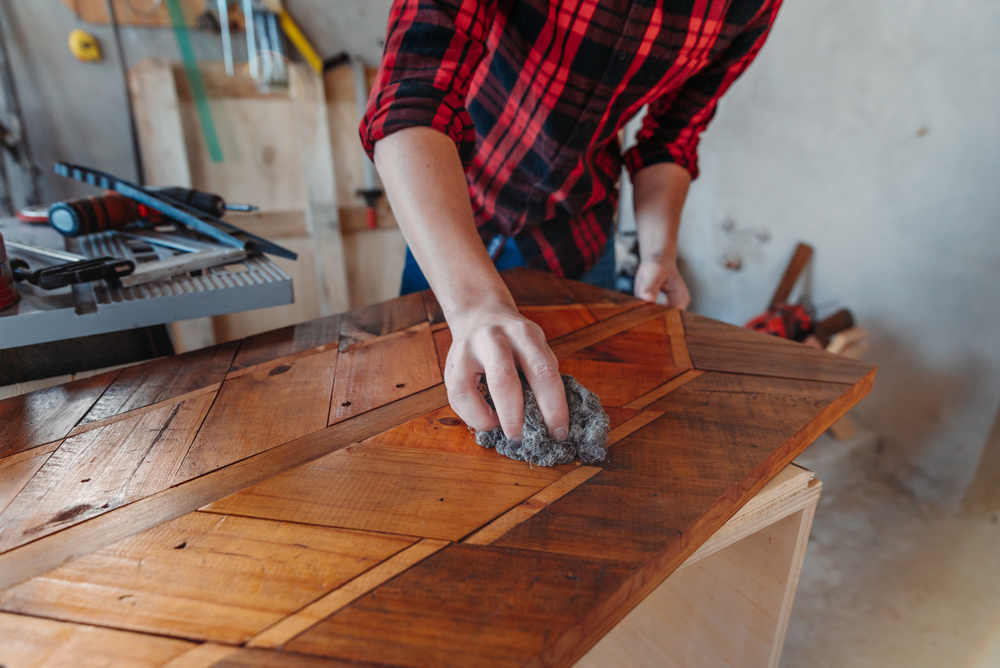
Wooden furniture always looks beautiful but needs that little extra something to look its best—furniture wax. This product can give your wooden pieces that luxurious and shiny finish you always see in home magazines. It also protects them from moisture damage, wear and tear, and color fading. Here’s how to use it for optimal results.
What Exactly Is Furniture Wax?
The most important thing to remember about furniture wax is that it isn’t a wood finish but a product that protects a pre-finished surface. Applying it directly to bare wood is a big no, as it will provide no protection.
We recommend going for a paste consistency instead of a liquid one. With pastes, you can apply a thinner layer of wax, which is what you want. Thick coatings can quickly get sticky and also collect dust.
Types of Furniture Wax
The two most preferred types are bee’s wax and carnauba (it’s produced from a carnauba palm.) You also have paraffin, which is great for making candles but doesn’t provide much protection on wooden surfaces.

Another type available is microcrystalline wax. It is easy to apply, and woodworkers choose it over the more common ones. Wax normally comes in dark, clear, and white colors.
When to Use Furniture Wax
One of the main reasons people use furniture wax is to hide imperfections caused by the finishing process, such as bumps and streaks. Most finishes don’t give wooden surfaces a pleasant appearance, and this is where wax comes in—it gives wood that subtle but still luxurious sheen. You can use this product over a penetrating oil finish to smooth the texture or to restore an old finish.
How to Apply Furniture Wax
Using wax is pretty simple. Grab a cloth (or steel wool for an even shinier finish) first. Rub on the product and apply it to the wood with small circular motions. You’ll immediately notice the difference.
When Not to Use Furniture Wax
If you want to apply wax, your furniture needs to be finished first. As we mentioned at the beginning, you shouldn’t use the product on unfinished wood as It just won’t look good.

If the wood is finished but you still see some cracks or chips, you should repair it before proceeding with the wax. We also don’t recommend using wax on surfaces that often get wet or where you place hot pots and pans.